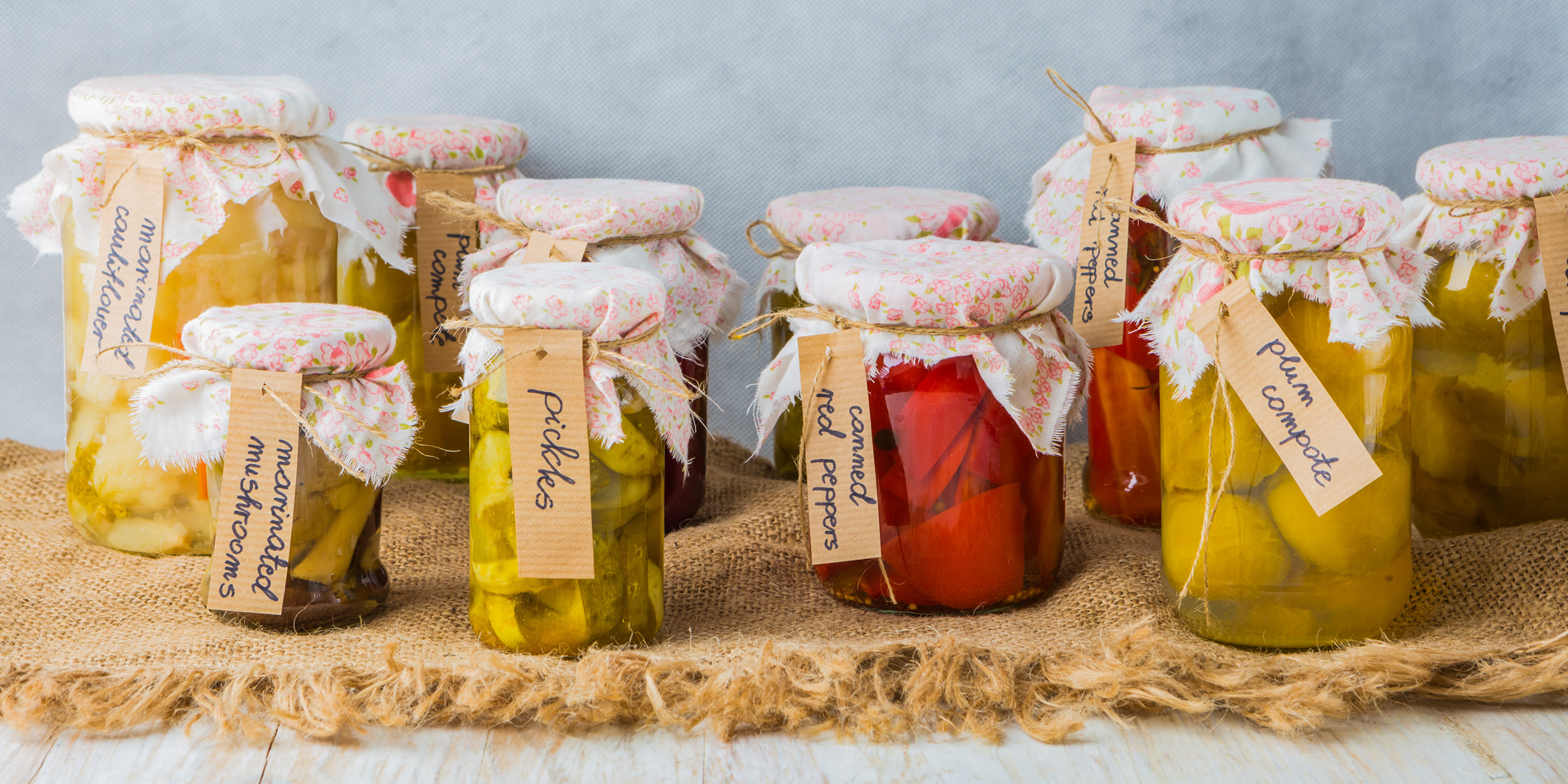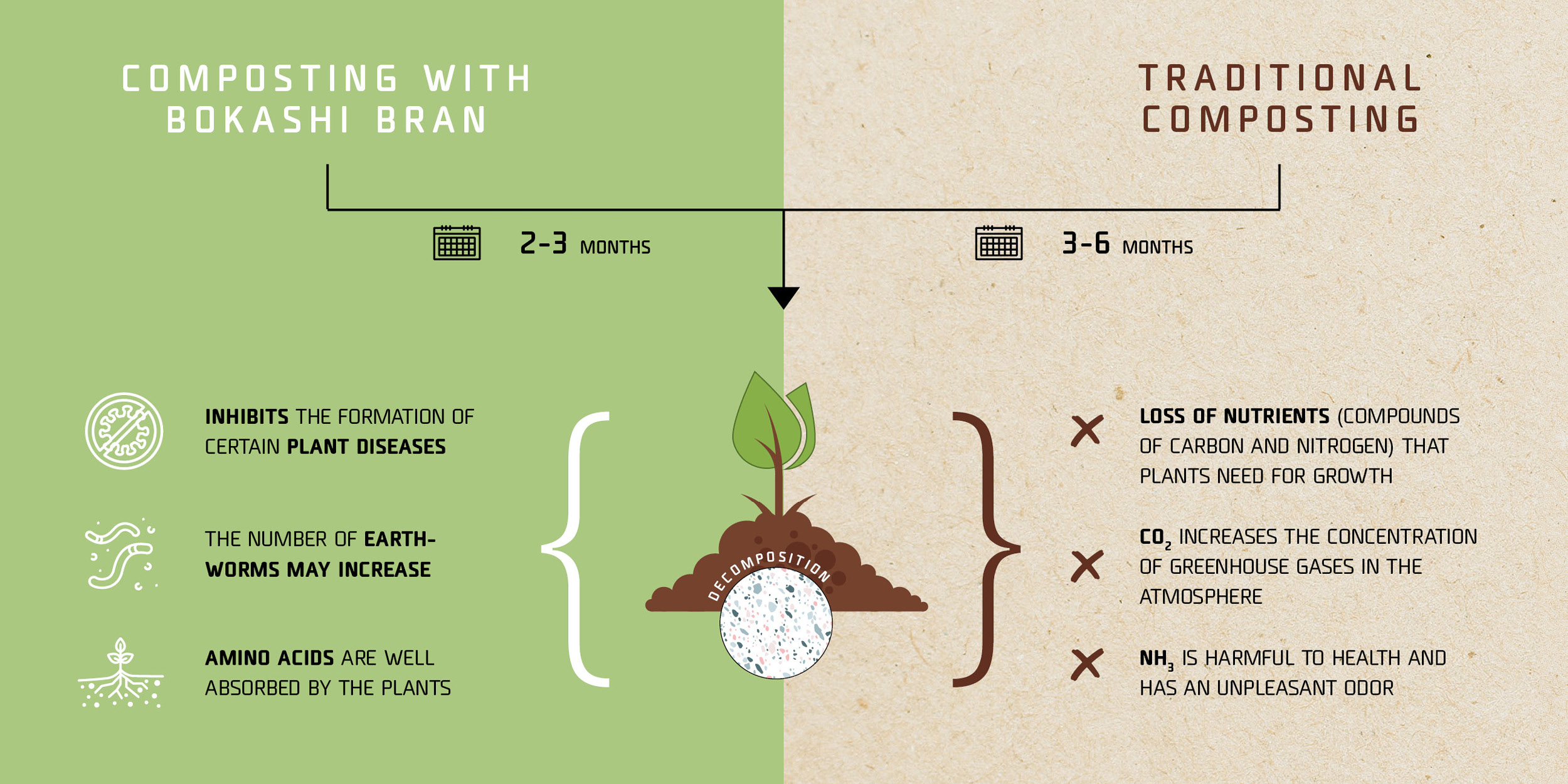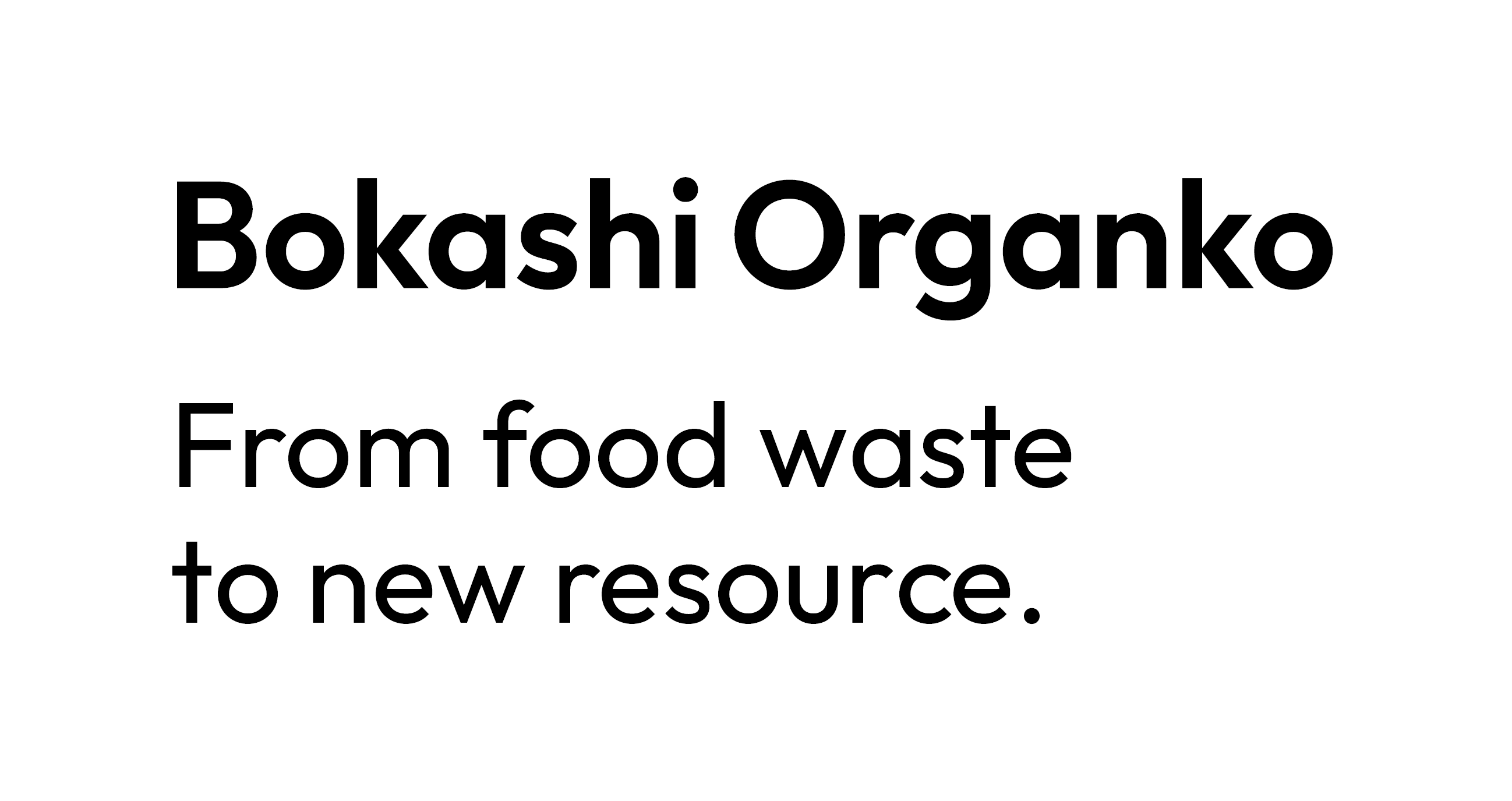Have you eaten yogurt before? How about sourdough bread? Perhaps sauerkraut? They are all end products of the fermentation process. This natural way of chemical breakdown of organic material by bacteria, yeasts, or other effective microorganisms (EM) can be started on its own (wild fermentation) or by making use of the so-called fermentation starter.
In this article, you will learn what a fermentation starter is and where you can use it. Moreover, since our urban Bokashi composter bins function based on using a particular type of fermentation starter, we will devote some attention to it. However, we will also present you with other fermentation starter types that are predominantly used for culinary purposes.
Understanding Fermentation starter - What is Fermentation?
Before we dive deeper into the fermentation starter, we want to make sure you have a clear understanding of what the fermentation process is. While there are various types of fermentation processes, depending on what is created during the fermentation (e.g. ethanol/alcohol fermentation, lactic acid fermentation, acetic acid fermentation, etc.), they all follow the same principles.
So, what is fermentation? It is an anaerobic metabolic process during which microorganisms create changes in organic material. We should also consider the Latin verb word "fervere", which is the origin of the verb "ferment" and means "to boil." And while heat is a common side product of the fermentation process, the latter is actually possible without heat.
Key aspects of the fermentation process:
- It occurs in the absence of oxygen (t.i anaerobic conditions).
- It occurs in the presence of beneficial effective microorganisms (EM) (molds, yeasts, bacteria, fungi, etc.).
- EM feast on sugars and starches (carbohydrates) and convert/breakdown them down into other substances (alcohol and acids).
- Fermented organic material is rich in nutrients and enzymes.

What is a Fermentation starter?
As mentioned in the introduction, fermentation starter is exactly what the words imply - it helps start the process of fermentation. While there are organic materials that have a decent amount of "wild" effective microorganisms, which do not require fermentation starters, there's also a lot of organic material that does. Moreover, even when dealing with organic material that could potentially undergo the fermentation process on its own, adding a proper fermentation starter ensures that the process takes place faster.
A fermentation starter is often referred to as a mother or just starter, especially when it is used to prepare specific foods and alcoholic drinks. Moreover, there are many fermentation starter types categorized based on the kinds of cultivation medium (grains, seeds, etc.) and kinds of EM (bacteria, yeasts, molds, etc.) they contain.
Where to Use a Fermentation starter?
A wide range of fermentation starter types is used on a daily basis, mainly in the food industry. There's a wide range of drinks, especially alcoholic beverages and foods made via the fermentation process and we will take a closer look at some of them. However, before doing so, let's take a look at another use case of fermentation starter - the Bokashi fermentation starter.
Using Fermentation starter in Bokashi Composting
Among other specialized products, we produce high-quality Bokashi composting bins. And in order to ensure that the fermentation process is initiated correctly with the bin, users should also apply a starter on top of every batch of organic waste disposed of inside the indoor composter.
While a Bokashi fermentation starter can come either in the form of a spray or in the form of bran, we focus on the latter. By using Bokashi bran, it ensures that the fermentation process occurs much faster and it also helps create a natural fertilizer (Bokashi liquid). Bokashi bran is a mixture of bran and molasses (sugar and water) enriched with beneficial microorganisms (lactic acid bacteria, photosynthetic organisms, yeasts, actinomycetes, and enzymatically active fungi) and plays an essential part in the entire fermentation process within the Bokashi composting bin.

Other Fermentation starter Use Cases
Unless you've already been using a Bokashi composter, you probably haven't been familiar with the Bokashi bran. On the other hand, you've most likely been in contact with a wide range of products that would not exist without the fermentation process and the fermentation starter in particular. Herein, we will devote our attention to the fermentation starter used for culinary purposes.
The fermentation process offers several benefits, including:
- It's a great option to make vegetables and fruits that can't be eaten fresh accessible in a new form.
- Adds a way for us to consume more beneficial gut bacteria (great positive impact on our gut health and immune system).
- Introduces a wide range of food that wouldn't exist without the fermentation process.
There are certain fermented foods that do not require a fermentation starter; however, many can benefit from a starter as it speeds things up. Moreover, there are fermented foods that simply wouldn't be possible to create without a proper fermentation starter.
Here are some of the foods that need a fermentation starter:
- Homemade probiotic soda and fermented drinks (e.g.: homemade root beer, probiotic lemonade, etc.)
- Sourdough bread
- Milk kefir
- Yogurt
- Kombucha
- Jun Tea
- Water Kefir
Here is a list of foods that can benefit from a fermentation starter but do not require it:
- Condiments and pastes that are challenging to keep submerged under the brine.
- Fruits that are high in sugar.
Choose a Proper Fermentation starter
When it comes to food fermentation, whey remains the most popular choice. It is inexpensive, abundant, and thus easily accessible. It is definitely the best option when it comes to making your own yogurt. However, there are other fermentation starter options worth exploring.
It is important to note that people who plan on using probiotic food therapeutically may want to benefit from a particular strain of bacteria. As such, they should choose their fermentation starter accordingly.
Here's a list of fermentation starter options worth looking into:
- Whey from kefir, clabbered raw milk or straining yogurt.
- Brine from fermented vegetables (sauerkraut, sour pickles, etc.)
- Jun Tea or Kombucha
- Water Kefir
- A high-quality probiotic supplement
- Packed commercial starter culture


